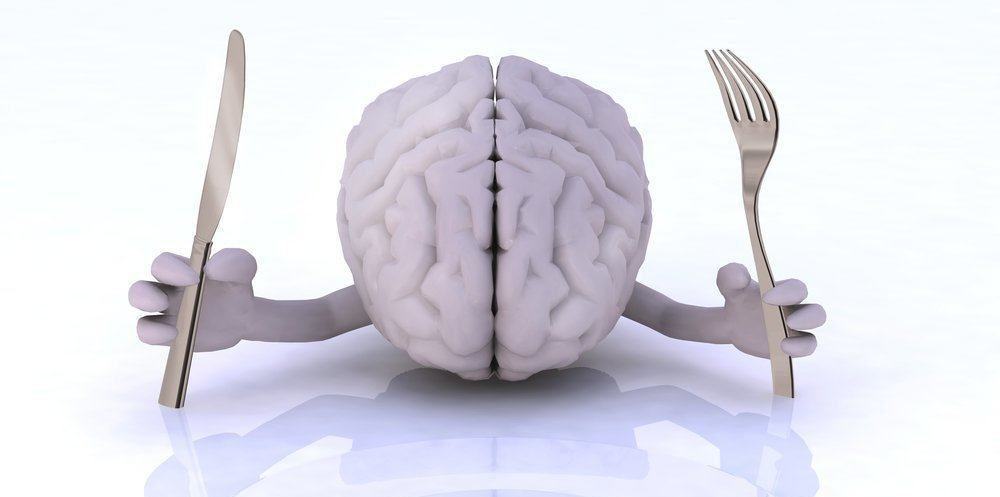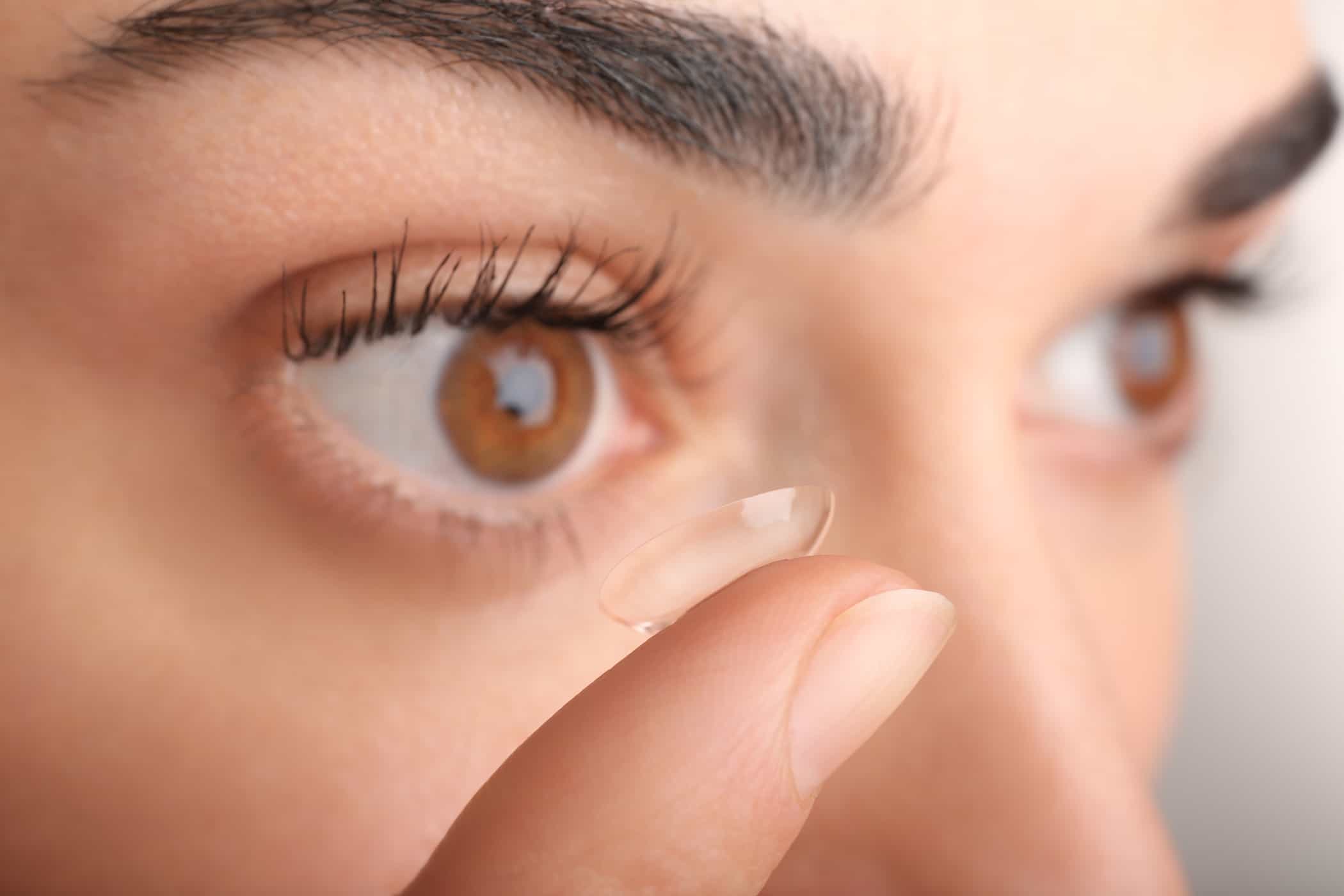Contents:
- Medical Video: 5 tips to keep your gut microbiome healthy | UCLA Health Newsroom
- How is the intestine and brain connected?
- What are the benefits of probiotics for the brain?
- 1. Probiotics can reduce symptoms of stress, anxiety, and depression
- 2. Some probiotics can improve mood
- 3. Probiotics affect brain activity
Medical Video: 5 tips to keep your gut microbiome healthy | UCLA Health Newsroom
So far, what we know about the benefits of probiotics is for intestinal health. Probiotics are good bacteria that can help digestion, treat irritable bowel syndrome, treat diarrhea, and much more. Therefore, you are advised to eat foods that contain probiotics. You can get these probiotics from yogurt or drinks and foods fermented with certain bacteria, such as Lactobacillus and Bifidobacteria. But, more than that it turns out probiotics are also good for the health of your brain. What is the connection?
How is the intestine and brain connected?
Probiotics or many good bacteria live in the intestine. This probiotic is useful for smoothing your digestive tract. However, new research shows that these bacteria are also beneficial for the brain and mental health.
READ ALSO: 7 Foods a Source of Probiotics, Good Bacteria for Health
The intestine and brain can be connected physically and biochemically. This connection is connected through the central nervous system which controls all activities in the body. The brain is also connected to the intestine through the microbes found in your intestine. The bacteria in the intestine are even responsible for making more than 30 neurotransmitters. Molecules produced from bacteria in the intestine can act as signals that can be read by the brain. In addition to bacteria, other microbes that are also present in the intestine are yeast and mushrooms.
Most of the bacteria in your intestine come into direct contact with the cells that line the intestine and with everything that enters your body, such as food, medicine, and microbes from the outside. Each of these bacteria can produce different compounds, such as short chain fatty acids, neurotransmitters, and amino acids. Most of these substances can then affect your brain. In addition, bacteria in the intestines can also affect the brain and central nervous system by controlling inflammation and hormone production.
Lactobacillus and Bifidobacteria are two groups of bacteria commonly found in your intestine. This group of good bacteria can act as an antioxidant, which can protect brain cells from damage caused by free radicals. Good bacteria also protect the brain by protecting them from damage caused by cytokines (which regulate the inflammatory response) and lipopolysaccharide (products produced by bad bacteria).
What are the benefits of probiotics for the brain?
The following are the benefits of probiotics for the brain:
1. Probiotics can reduce symptoms of stress, anxiety, and depression
Stress, anxiety, and depression can be associated with various serious illnesses. Especially stressful and anxious are associated with high levels of stress hormones, such as the hormone cortisol. By regularly taking probiotics, maybe you can prevent this. One study showed that consumption of a mixture of three strains of Lactobacillus and Bifidobacteria (one type of probiotic) for 8 weeks can reduce symptoms of depression. In addition, probiotics can also reduce inflammation.
Summarized from various studies, the consumption of probiotics in healthy people can also reduce anxiety symptoms, symptoms of depression, psychological distress, and academic stress, as quoted by Authority Nutrition.
READ ALSO: 6 Important Steps to Maintaining Brain Health
2. Some probiotics can improve mood
Probiotics can actually improve mood in healthy people. A study conducted by the Leiden Institute of Brain and Cognition at Leiden University showed that probiotics can help improve mood You. This is a good way to fight anxiety or depression. In this study, 20 participants in healthy conditions were given powder probiotics every night containing 8 different types of bacteria, such as Bifidobacterium, Lactococcus, and Lactobacillus for 4 weeks, while 20 other participants were given a placebo which they thought was probiotics.
The result is that participants who were given probiotics felt they had a better mood, they were better able to deal with the feelings of sadness they experienced, so they were less sad and more depressed. In fact, this study also proves that probiotics can help reduce negative thoughts associated with feelings of sadness.
Another study published by the European Journal of Clinical Nutrition in 2007 also showed that consumption of milk drinks containing probiotics (Lactobacillus casei) for three weeks can improve the mood of someone who has mood lowest during the study.
3. Probiotics affect brain activity
Research published by Gastroenterology in 2013 showed that taking probiotics can affect parts of the brain that control emotions and sensations. The study conducted by UCLA involved participants in healthy women for four weeks. Some of the female participants were given yogurt containing probiotics containing a mixture of strains from Bifidobacteria, Streptococcus, Lactobacillus, and Lactococcus, and others were not given yogurt containing probiotics. The result, women who consume probiotic yogurt have decreased brain activity that controls emotions and internal body sensations.
This study also proves that the bacterial environment in the intestine can affect brain activity. The intestine and brain turn out to be related. The brain can send signals to the intestine, and vice versa, so that when you are stressed you can experience your digestive problems.
READ ALSO: Understanding How Our Brains Work












